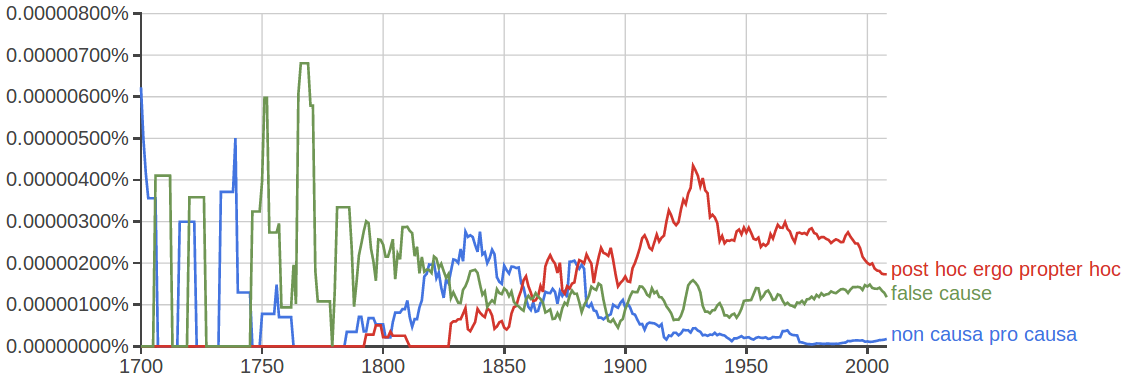

Many analogies are merely descriptiveĪnd do not offer proof of the connection between two things being compared. Ways, then they are similar in other ways as well. Predicting without justification that one step in a process will lead unavoidably to a second, generally undesirable step.Īssuming without sufficient proof that if objects or processes are similar in some "Against the man" attacking the arguer rather than the argument ĭiscrediting an argument by trashing the person making it.Ī proposal that something should continue because it has traditonally existed or been done that way.īasing an argument on feelings, especially pity or fear, often to draw attention away from the real issue/s or to conceal another purpose. "It does not follow." Using irrelevant proof to support a claim. "To the people" "most people agree that" playing on the prejudices of the audience. Proximity of events or conditions does not guarantee a causal Post hoc, ergo prompter hoc means, "after this, therefore because of this." TheĪrguer infers that because one event follows another, the first event must be the cause The attempt to bolster claims by citing the opinions of experts without evaluation and

A prejudice is literally a judgement made before the facts are in.
#False causality fallacy series#
Inductive fallacies result from the wrong use of evidence.ĭeductive fallacies result from a failure to follow the logic of a series of statements.ĭrawing conclusion on the basis of insufficient evidence. A fallacy is an error of reasoning based on faulty use of evidence or incorrect inference (an interpretation of the facts).


 0 kommentar(er)
0 kommentar(er)
